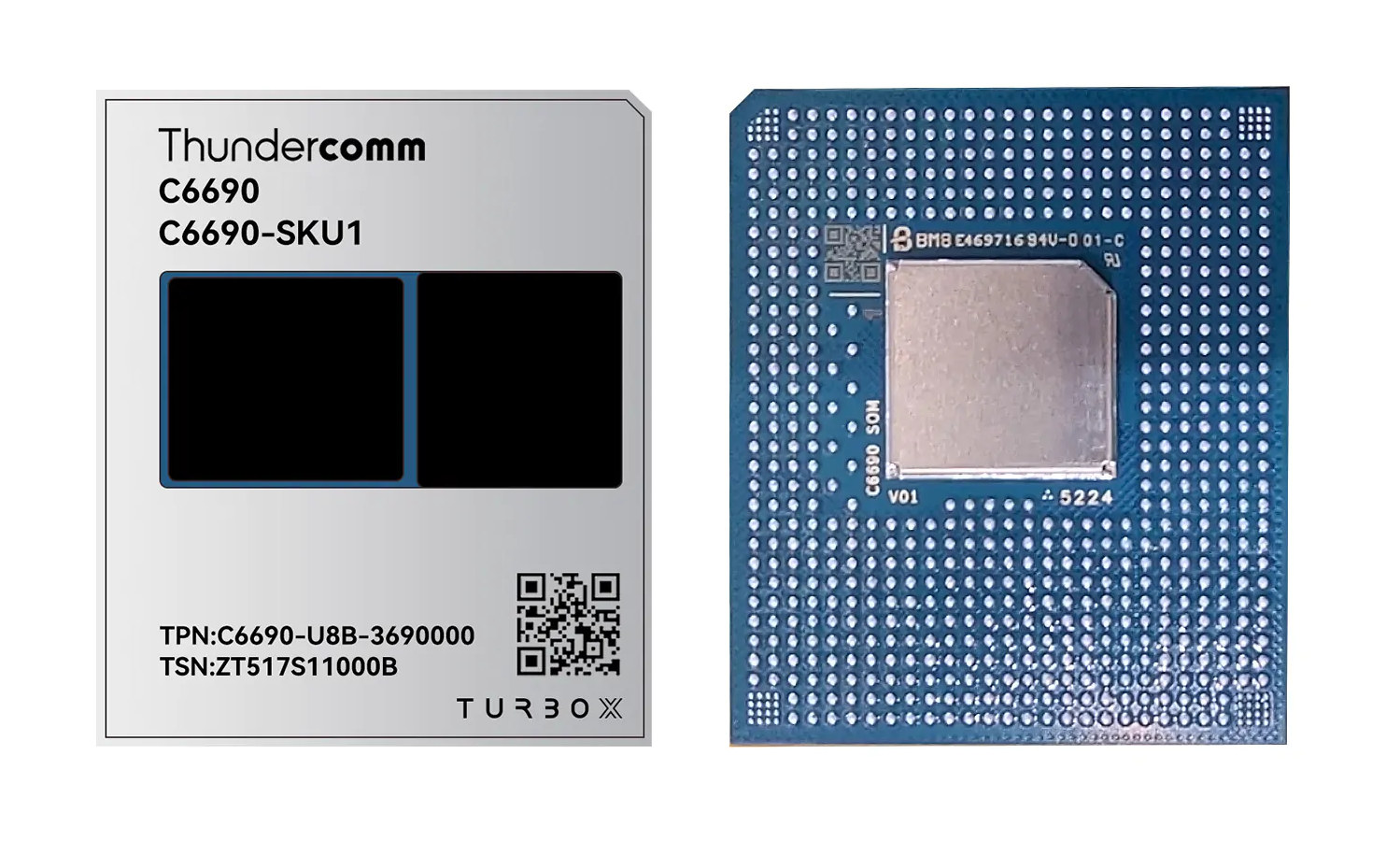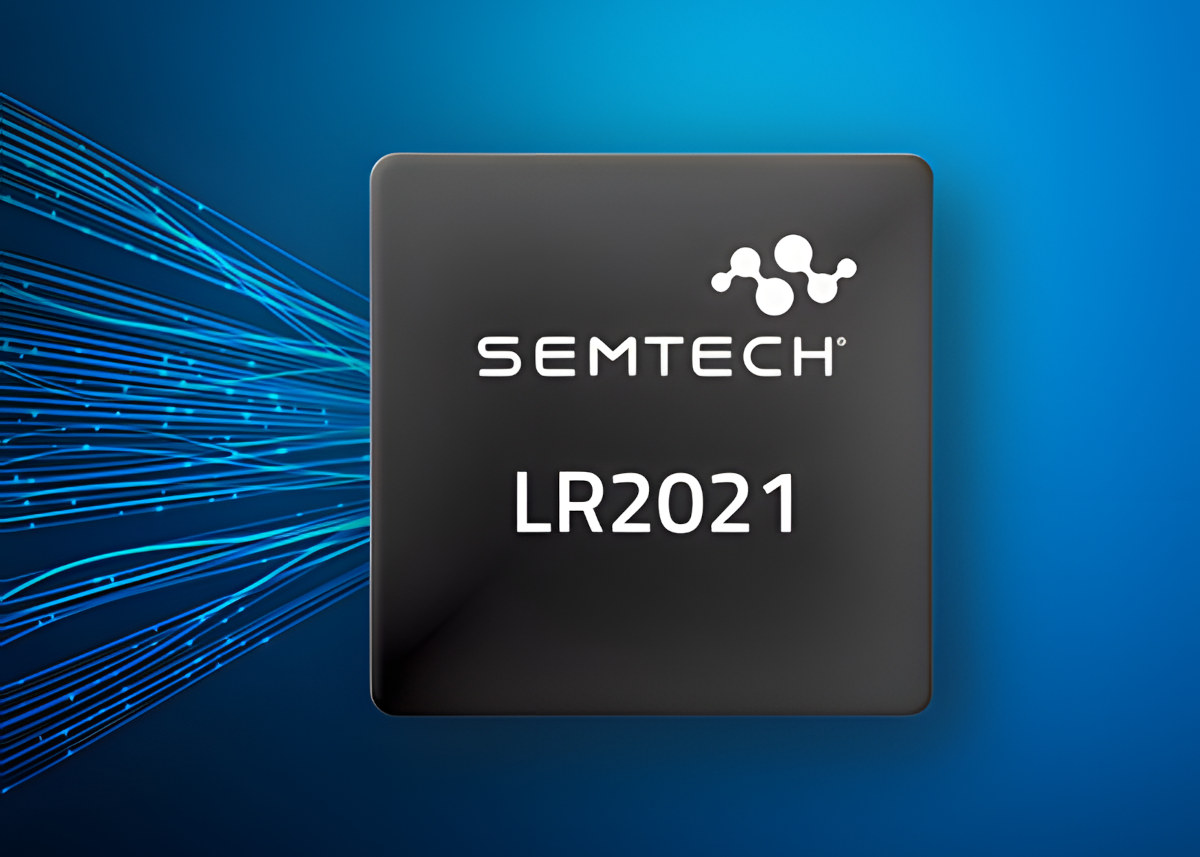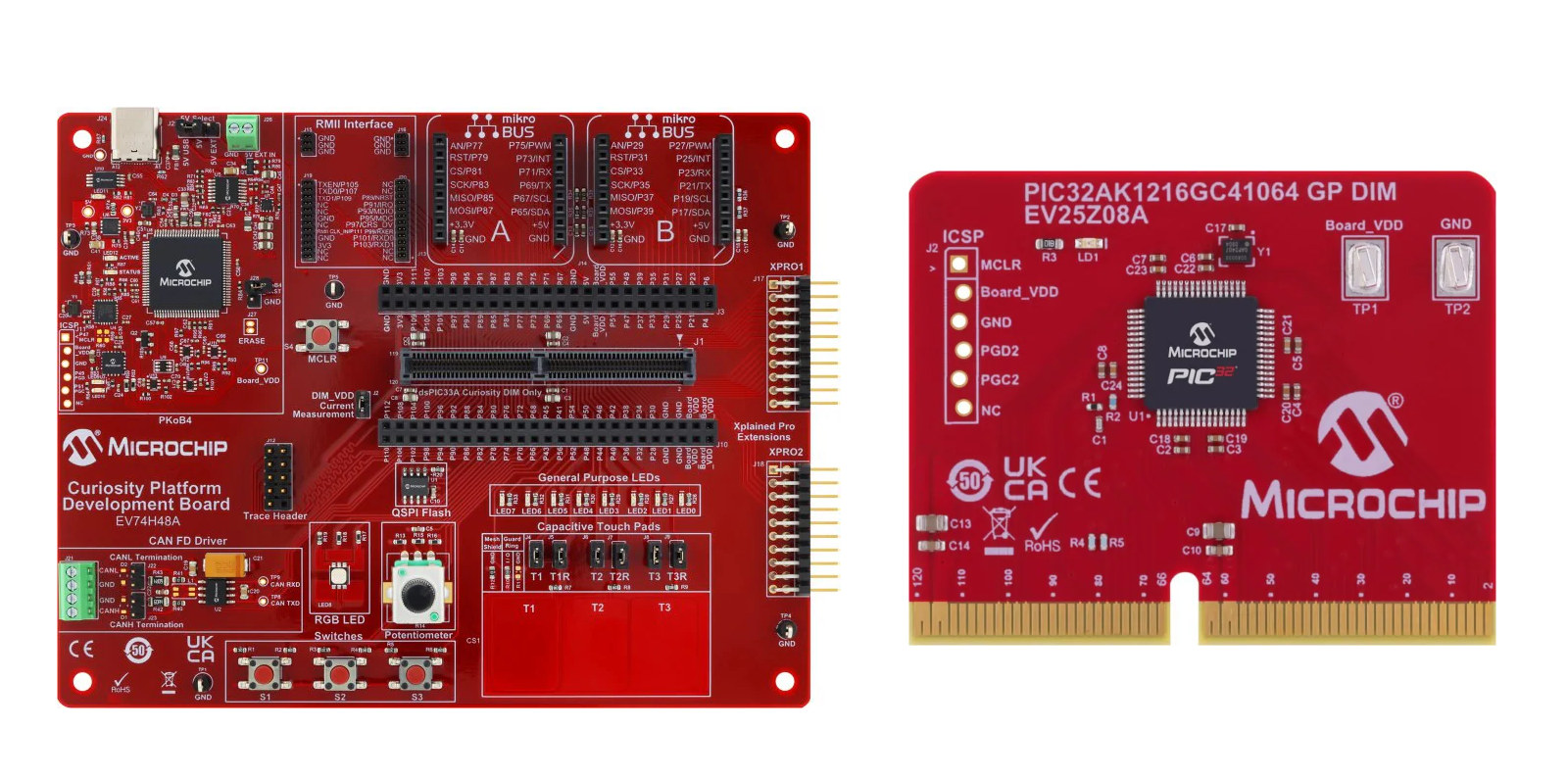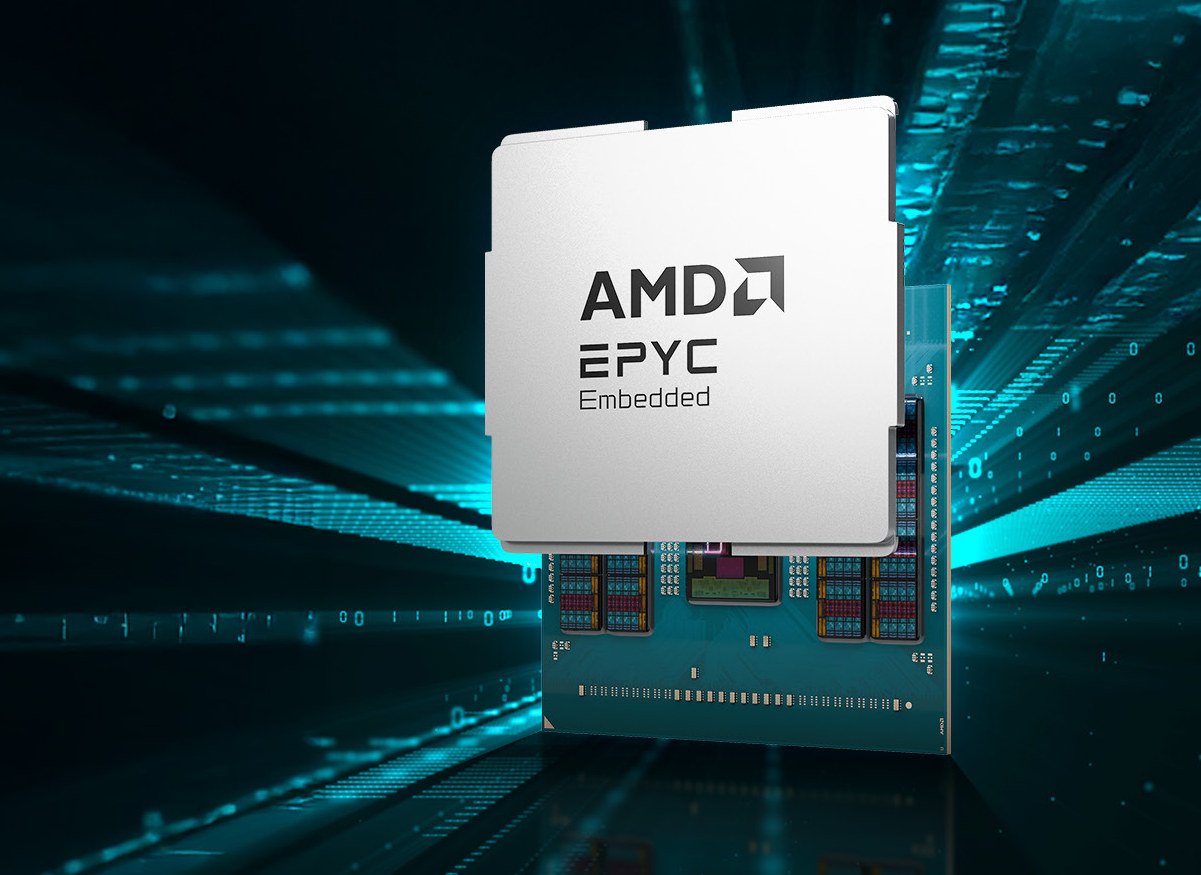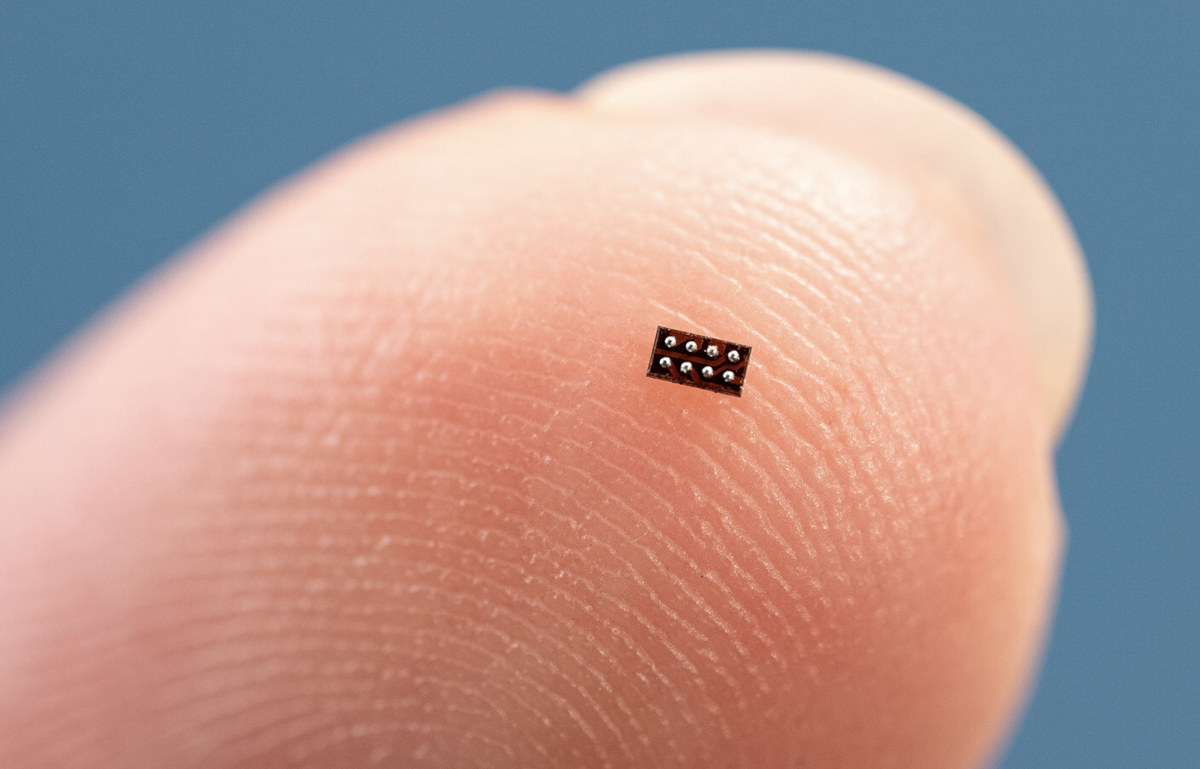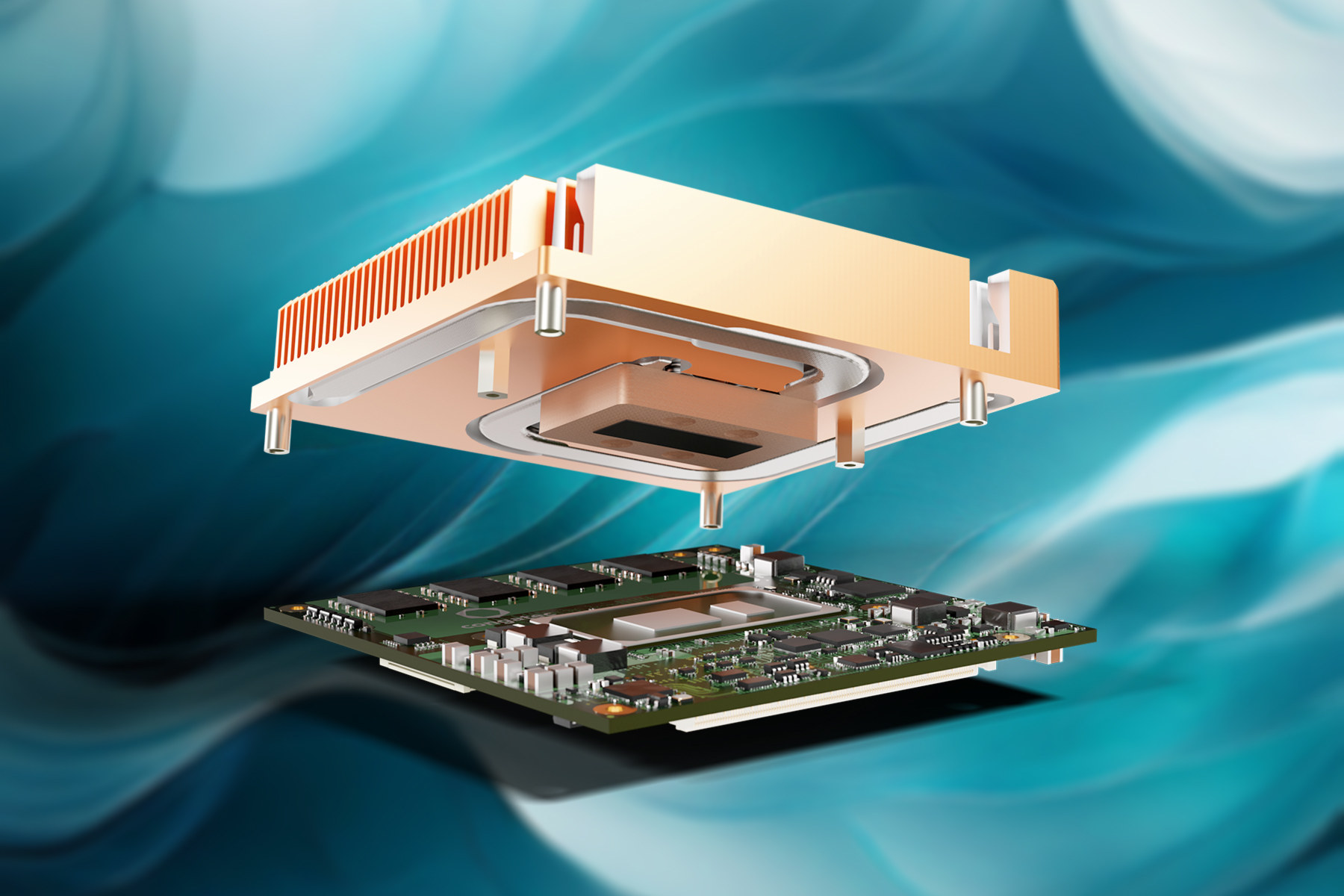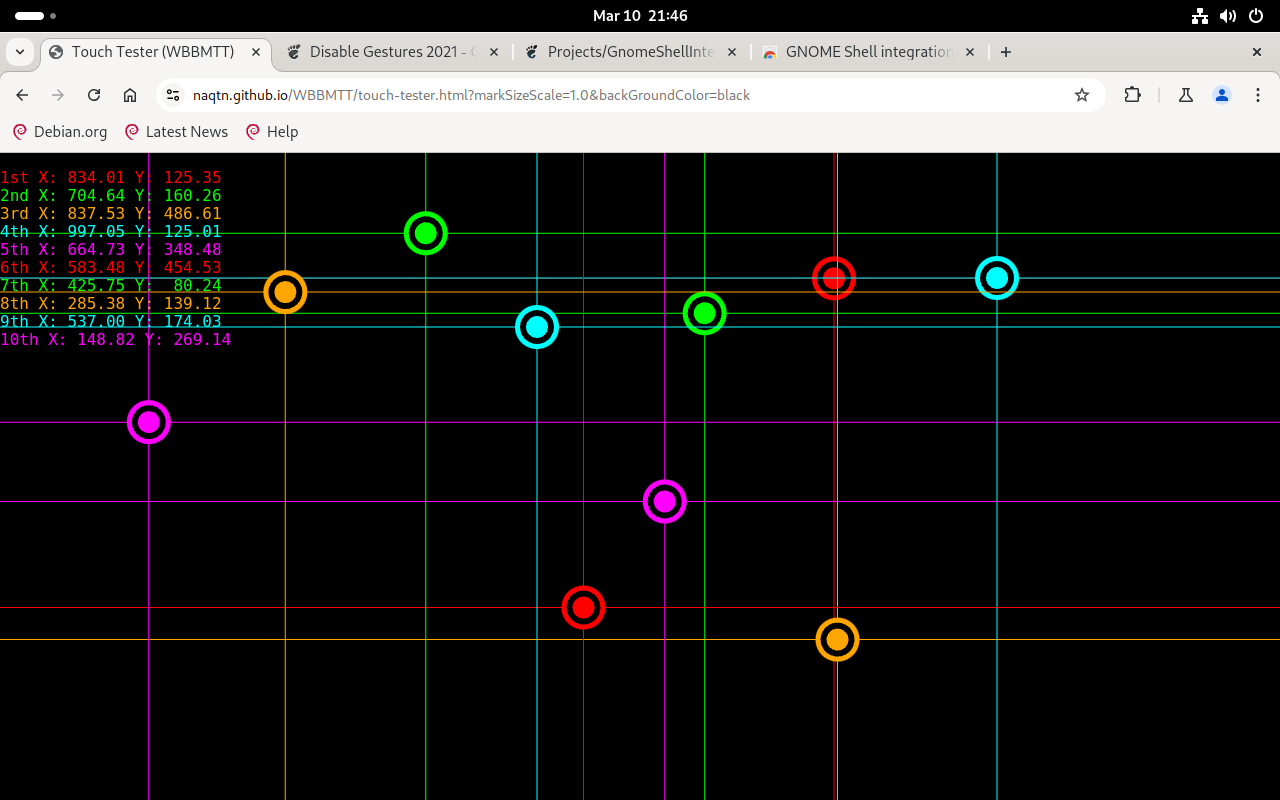Unveiled at Embedded World 2025, Thundercomm’s TurboX C6690 is a SoM (System-on-Module) powered by a 4nm Qualcomm Dragonwing QCS6690 octa-core SoC, and designed for Android 15-based terminal equipment such as industrial handheld devices, industrial tablets, edge computing, and smart retail applications. The LGA system-on-module features a multi-chip package that combines 8GB LPDDR4x memory with 256GB UFS storage, and offers MIPI and DP (USB) display interfaces, four MIPI CSI camera interfaces, a USB 3.1 interface, a PCIe Gen2 interface, and various low-speed I/Os such GPIO, I2C, UART, and SPI. Thundercomm TurboX C6690 SoM specifications: SoC – Qualcomm Dragonwing QCS6690 CPU – Octa-core Qualcomm Kryo CPU 7-series (1x Kryo Prime core @ 2.9GHz, 3x Kryo Gold @ 2.7GHz, 4x Kryo Silver @ 2.0GHz) GPU – Qualcomm Adreno GPU 7-series DSP – Qualcomm Hexagon DSP with HVX and HMX ISP – Qualcomm Spectra ISP 665 image processing VPU Video Encode – Up to […]
Semtech LR2021 “LoRa Plus” transceiver supports LoRa Gen 4, Amazon Sidewalk, Meshtastic, wM-BUS, Wi-SUN FSK, and Z-Wave
Semtech LR2021, the first chip in the LoRa Plus family, supports LoRa Gen 4 technology with both terrestrial and satellite networks in the Sub-GHz, 2.4 GHz ISM bands, and licensed S-band, while keeping backward compatibility with previous-generation LoRa devices. But it goes beyond just supporting LoRa and LoRaWAN networks, since it features expanded physical layer modulations for fast long-range communication (FLRC) enabling compatibility with various low-power wireless protocols such as Amazon Sidewalk, Meshtastic, Wireless M-Bus (Wm-BUS), Wi-SUN FSK, and Z-Wave when integrated with third-party stacks. Semtech LR2021 key features and specifications: Terrestrial and non-terrestrial network (NTN), Sub-GHz, 2.4GHz ISM and licensed S-band radio. Frequency Ranges 150-960 MHz 1600-2500 MHz Multi-PHY compatibility enables low-power wireless protocols with third-party stacks. FLRC up to 2.6 Mbps, LoRa up to 200 kbps Modulation – FSK, LoRa, LR-FHSS, FLRC, O-QPSK, OOK Multi-region operation with single switch-less front-end design. +22 dBm to -10 dBm transmitter Rx […]
Tiny Silicon Labs BG29 Bluetooth LE SoC measures just 2.8 x 2.6mm for wearables and sensors
Yesterday, we wrote about the world’s smallest microcontroller (TI MSPM0C1104), which measures just 1.38mm2 in its smallest package. However, it is designed for general-purpose applications without built-in wireless connectivity. If you need Bluetooth LE in a tiny form factor, Silicon Labs BG29 wireless SoC, with a 2.8x 2.6mm package, is worth a look. The BG29 features a Cortex-M33 core clocked at up to 76.8 MHz, up to 256KB SRAM, up to 1MB flash, various digital and analog peripherals, and security features that make it suitable for Bluetooth LE applications such as wearable health and medical devices, asset trackers, and battery-powered sensors. Silicon Labs BG29 (EFR32BG29) specifications: CPU core – Arm Cortex-M33 @ 76.8 MHz with DSP instruction and floating-point unit Memory – Up to 256 kB RAM data memory Storage – Up to 1 MB flash program memory Wireless – 2.4 GHz radio Protocols – Bluetooth 5.4 Low Energy (LE) […]
Microchip PIC32A is a 32-bit MCU family with high-performance analog peripherals supporting up to 40 Msps
Microchip Technology PIC32A is a new family of 32-bit microcontrollers clocked at up to 200 MHz with high-speed analog peripherals that include up to 40 Msps 12-bit ADCs, high-speed 5 ns comparators and 100 MHz operational amplifiers for smart edge sensing. The PIC32A microcontrollers also feature up to 16KB RAM with ECC, up to 128KB flash, various I/O, and security and safety features that make them suitable for general-purpose applications across automotive, industrial, consumer, Artificial Intelligence (AI), Machine Learning (ML), and medical markets. Microchip PIC32A specifications: MCU core – 32-bit CPU @ up to 200 MHz with 64-bit FPU, instructions optimized for speed and program code size Memory – Up to 16KB RAM with ECC Storage – Up to 128KB flash with 64x 128-bit OTP area Peripherals 4x PWM generators with up to 2.5ns resolution 3x 4-wire SPI 2x I2C 3x UART; automated UART handling support for LIN 2.2, Digital […]
5th Gen AMD EPYC Embedded 9005 Series Zen 5 processors supports up to 6TB DDR5 memory, up to 160 PCIe Gen 5 lanes
AMD has just introduced the 5th Gen AMD EPYC Embedded 9005 Series “Zen 5” processors designed for embedded systems with a focus on longevity (7 years), reliability, and system resiliency, and targeting networking, storage, and industrial edge systems with support for up to 6TB of DDR5 memory, up to 160 PCIe Gen5 lanes with CXL 2.0. The EPYC Embedded 9005 Series processors are offered with 8 to 192 cores in a single socket and deliver up to a 1.3x faster networking process and 1.6x faster storage. The company also claims a 1.3x increase in socket throughput and 1.3x better performance/Watts compared to the competition thanks to the new Zen 5c architecture. AMD EPYC Embedded 9005 highlights: CPU sub-system AMD EPYC Embedded 9745 to 9965 – Zen 5c architecture up to 12x core complex dies (CCDs), 192x cores, 384x threads AMD EPYC Embedded 9015 to 9655 – Zen5 architecture up to […]
Texas Instruments MSPM0C1104 is the world’s smallest microcontroller with a size of 1.38mm2
Texas Instruments (TI) has expanded the MSPM0 Arm Cortex-M0+ MCU family with the MSPM0C1104 which is the world’s smallest microcontroller measuring just 1.38mm2 in its WCSP package, or about the size of a black pepper flake. Equipped with up to 16KB flash, 1KB SRAM, I/Os such as GPIO, I2C, UART, SPI, and a 12-bit analog-to-digital converter (ADC), the MSPM0C1104 is optimized for space-constrained applications such as medical wearables and personal electronics. TI MSPM0C1104 specifications: MCU Core – 32-bit Arm Cortex-M0+ CPU clocked at up to 24MHz Memory – 1KB of SRAM Storage – Up to 16KB of flash Peripherals Up to 18x GPIO (5V tolerant) 1x UART, 1 I2C, 1x SPI Analog 1x Analog-to-digital converter (ADC) with up to 10 total external channels, 1.7Msps at 10 bit or 1.5Msps at 12 bit with VDD as the voltage reference Configurable 1.4V or 2.5V internal ADC voltage reference (VREF) Integrated temperature sensor […]
congatec unveils acetone-based heat pipe cooling solution for embedded systems operating in freezing temperatures
Consumer-grade heat pipe cooling solutions typically rely on water as a working fluid. This works great until a system needs to be used in freezing conditions, since the water could turn into ice and damage the pipe or even parts of the computer. That’s why congatec has unveiled a heat pipe cooling solution that relies on acetone as a working fluid in the heat pipes instead of water. It will work reliably at extreme sub-zero temperatures down to -40°C, and the company also claims the solution is insensitive to mechanical stresses such as shock and vibration. The acetone-based cooling solution will be used in conjunction with Computer-on-Module (COMs) from the company such as the COM Express Type 6 conga-TC675 or rugged-version conga-TC675r powered by up to 45W Intel Raptor Lake processor, as well as COM HPC Mini, Client or Server modules. Congatec explains that it will lower the cost of […]
Tips to use a touchscreen display with Raspberry Pi OS in 2025
I’ve just reviewed the SunFounder 10.1-inch touchscreen display with Raspberry Pi 5 running Raspberry Pi OS, and the experience was not quite as smooth as I had expected, so I’ll report some tips to save people time. The first is the software keyboard. Matchbox keyboard used to be the go-to solution, but two years ago, my preferred keyboard became the Onboard keyboard. Sadly, it’s not working so well with the latest Raspberry Pi OS using labwc Wayland window-stacking compositor, so now Raspberry Pi recommends squeekboard. It was not installed by default, but installation is fairly easy:
|
1 |
sudo apt install squeekboard |
It did not show up automatically when trying to type in a text field, maybe because I’m using a third-party touchscreen keyboard, but going to Raspberry Pi Configuration and setting On-screen Keyboard to Enabled always in the Display tab fixed that. I was able to type a URL/web search terms in the URL […]


